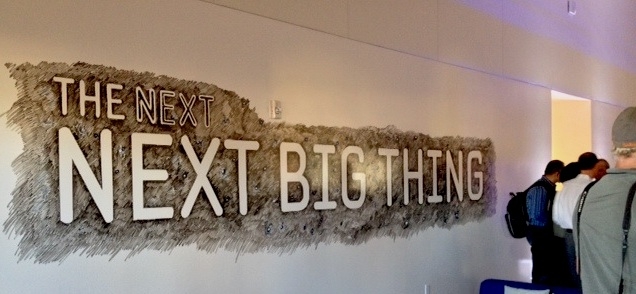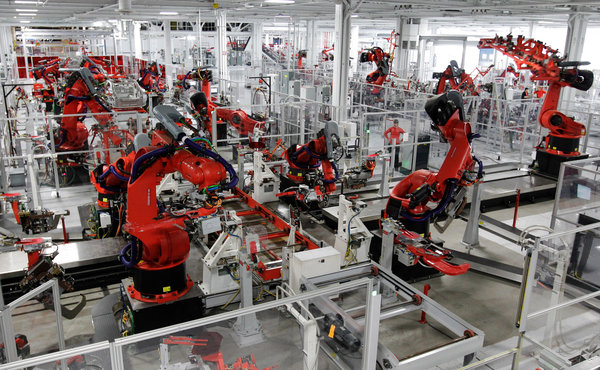The Economist reports on Silicon Valley Startups
February 9, 2014, 8:20 pm

Silicon Valley may be at the cusp of another historical tipping point, says The Economist magazine.
The State of Silicon Valley
In a recently published Special Report on Tech Start-ups, The Economist magazine takes a close look at the state of Silicon Valley, and optimistically declares it may be on the cusp of its next evolutionary stage. Called 'a Cambrian moment,' the idea is that Silicon Valley -- the global culture and economy of start-ups, in general -- may be at a tipping point commensurate with the real 'Cambrian moment,' during which animals developed the ability to self-propagate 540mm years ago.
The importance of building blocks
The real Cambrian moment, 540mm years ago, was the moment when animals achieved the ability to multiply. This led to the flourishing of animals on planet Earth. Just like the original Cambrian moment took place when the biological building blocks to reproduce fully developed, the potential new Cambrian moment in Silicon Valley is that the building blocks to create new technology businesses have also been completed. This will lead to the greater expansion of the economy and culture of Silicon Valley into far-flung corners of the world.
The building blocks empowering the latest generation of innovators in and outside Silicon Valley are easy-to-learn programming languages like Ruby on Rails and PHP, cheap access to massively scalable web hosting (ie, Amazon AWS), and interfaces for a cornucopia of neat web applications like Twitter, Google Maps, payment gateways like Paypal, and ad services like Google Adwords. They are, as described by Josh Lerner of Harvard Business School, the 'technologies of start-up production.'
Is technology fundamentally predatory?
This allegory of a 'Cambrian moment' is rife with allusions of evolutionary progress. Fitting with this imagery is the discussion of the fundamental predatory nature of technology and start-ups. A predatory nature to technology may be counter-intuitive, especially since technology is associated with uplifting and magical inventions. But consider this: the idea that technology is about survival of the fittest, in which the weak are eaten. In practical terms, this refers to old, labor-intensive industries like manufacturing and services that technology makes much leaner and more efficient to the detriment of less-skilled labor.


The Economist sums it up this way: 'Startups are best thought of as experiments on top of such platforms, testing what can be automated in business and other walks of life.'
A wonderful description of a start-up business, this statement also alludes to both the predatory nature of a start-up with ambitions (the need to seize customers from somewhere) as well as the uncertain and risky nature of start-ups. Start-ups most certainly are risky and uncertain, and the best ones have the most voracious appetites.
Comments
comments powered by Disqus

